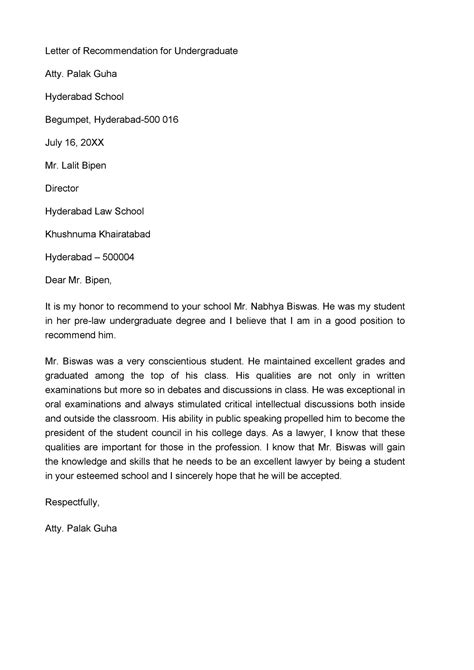How To Request A Professor's Recommendation

As a student, you may need to request a recommendation letter from a professor at some point in your academic career. Whether you are applying for graduate school, a scholarship, or a job, a recommendation letter can be a valuable asset that can help you stand out among other candidates. However, asking for a recommendation can be a daunting task, and many students feel uncomfortable or unsure about how to approach their professors. In this post, we will provide you with a step-by-step guide on how to request a professor’s recommendation.
Step 1: Choose the Right Professor
Before you ask a professor for a recommendation, you need to choose the right person for the job. Ideally, you want to choose a professor who knows you well and who can speak to your academic achievements, work ethic, and character. Here are some factors to consider when selecting a professor:
- The subject or field you are applying for
- The professor’s area of expertise
- The professor’s teaching style and personality
- Your performance in the professor’s class
- Your level of interaction with the professor
Step 2: Ask Politely and Professionally
Once you have selected a professor, it’s time to ask for their recommendation. Here are some tips on how to approach your professor:
- Ask in person or via email
- Be polite and respectful
- Explain why you need the recommendation
- Provide any relevant information or materials
- Give the professor enough time to write the recommendation
Step 3: Provide Relevant Information
To help your professor write a strong recommendation, you need to provide them with relevant information about yourself, your academic achievements, and your future goals. Here are some things you can include:
- Your resume or CV
- Your transcripts
- A personal statement or essay
- A list of your extracurricular activities and achievements
- A list of the programs or schools you are applying to
Step 4: Follow Up and Say Thank You
After you have asked for the recommendation, it’s important to follow up with your professor and thank them for their time and effort. Here are some tips on how to do this:
- Send a thank-you email or note
- Keep your professor updated on your progress
- Let them know the outcome of your application
- Stay in touch with your professor and build a professional relationship
FAQs
Q: How far in advance should I ask for a recommendation?
A: You should ask for a recommendation at least a month before the deadline. This will give your professor enough time to write a thoughtful and detailed letter.
Q: What if my professor says no?
A: If your professor declines to write a recommendation, don’t take it personally. They may have a busy schedule or may not feel comfortable writing a recommendation for you. You can try asking another professor or a professional contact.
Q: Should I waive my right to access the recommendation?
A: It’s up to you whether to waive your right to access the recommendation. Some programs or schools require that you waive your right, while others allow you to keep it. Keep in mind that waiving your right can make the recommendation more credible and unbiased.
Q: How many recommendations should I ask for?
A: It depends on the program or school you are applying to. Some may require two or three recommendations, while others may only require one. Check the application requirements and plan accordingly.
Q: Can I remind my professor about the recommendation?
A: Yes, you can send a polite reminder to your professor if the deadline is approaching and you haven’t received the recommendation yet. Just be respectful and understanding of their time constraints.
Q: Can I ask for a recommendation from a professor I haven’t had in a while?
A: It’s generally better to ask for a recommendation from a professor you have had recently, as they will have a more current and detailed knowledge of your academic abilities and achievements. However, if you have maintained a professional relationship with a former professor, you can still ask them for a recommendation.
By following these steps, you can increase your chances of getting a strong recommendation letter from a professor. Remember to be polite, professional, and grateful throughout the process, and to give your professor enough time and information to write a detailed and thoughtful letter. Good luck!
